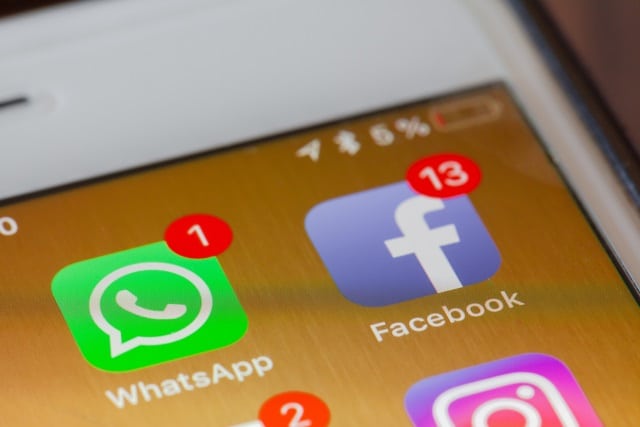
Insiders say Mark Zuckerberg plans to unify WhatsApp, Instagram and Facebook Messenger
Like Google constantly launching and closing services, the appalling disparate mess of apps produced by Facebook is something of an industry joke. Mark Zuckerberg is well-aware of this, and it seems he wants to do something about it.
Insiders at the company say plans are afoot to change the way Facebook Messenger, WhastApp and Instagram function, unifying their messaging system for better integration. On top of this, Zuckerberg also wants each of the three messaging services to feature end-to-end encryption.
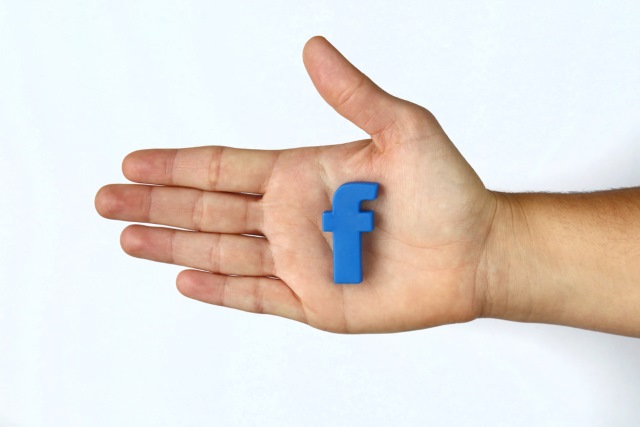
Facebook value plummets by $118bn and Zuckerberg's fortune drops $16bn following privacy scandal-fueled growth slowdown
Facebook shares and the personal fortune of Mark Zuckerberg took massive hits as the social network felt the impact of a growth slowdown and the fallout of recent privacy scandals.
The company issued a warning to investors about a deceleration of growth in its userbase, leading to a stock drop of around 20 percent. A drop in share price lowered the value of Facebook by a massive $118 billion -- a record-breaking one-day drop in the value of a company.
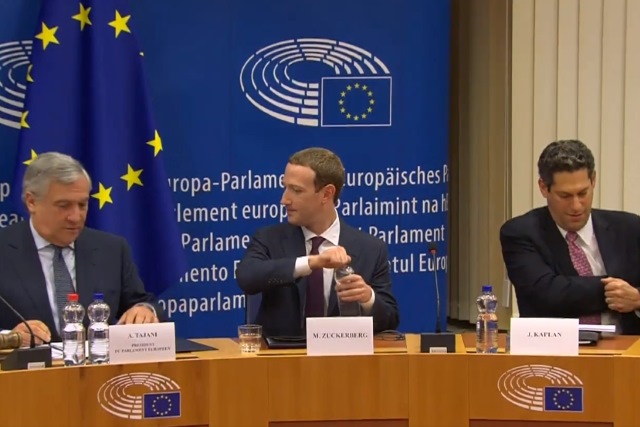
Zuckerberg's appearance in front of the EU was an utter joke
Yesterday, Facebook CEO Mark Zuckerberg appeared in front of members of the European Parliament to answer questions and to address concerns that the EU has about the social network in general, and its use of private data in particular -- thanks largely to the Cambridge Analytica data scandal.
At least that was the idea. What actually happened was nothing short of a farce, with Zuckerberg smugly sitting back and choosing which questions to answer, neatly avoiding any he was uncomfortable with. It was little more than a PR-cum-damage-limitation exercise for the Facebook founder... and it didn't really go very well.
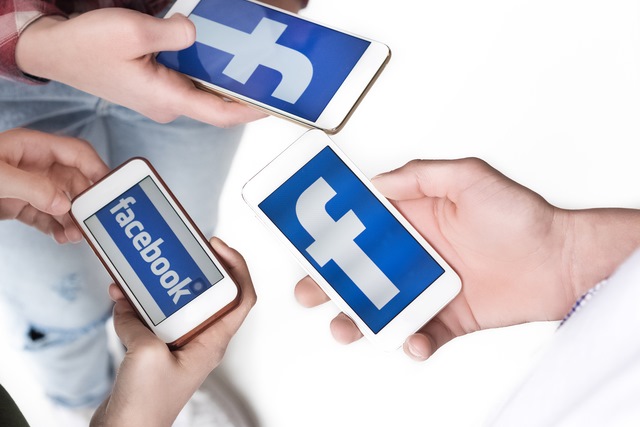
Watch Mark Zuckerberg's testimony to the EU in a livestream
Having previously refused to answer questions in the UK, last week Mark Zuckerberg agreed to appear in front of the EU parliament to speak about Facebook's use of data.
The Facebook chief is due to appear in front of MEPs tomorrow, Tuesday, and European Parliament President Antonio Tajani has announced that the appearance will be livestreamed. So, if you fancy tuning in to see what Zuckerberg has to say and how he is able to "clarify issues related to the use of personal data", you will be able to do just that.
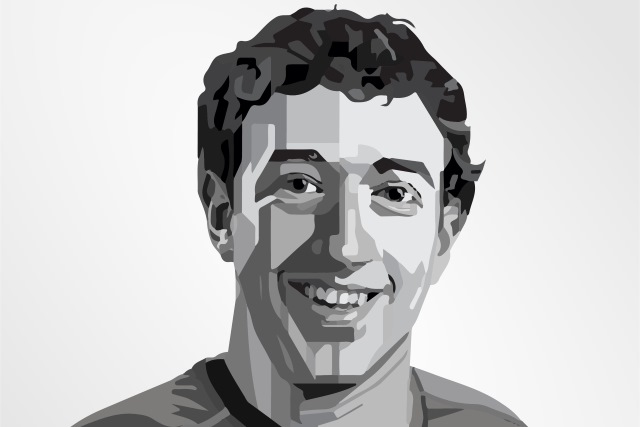
Mark Zuckerberg agrees to appear in front of EU parliament to answer questions about Facebook's use of data
After refusing to answer questions in the UK, Mark Zuckerberg has agreed to face questions in front of the EU Parliament. The grilling comes in the wake of the Cambridge Analytica privacy scandal.
The Facebook CEO could answer questions about the social network's use of data very soon, with the president of the European Parliament, Antonio Tajani, saying that "hopefully" it could happen next week.
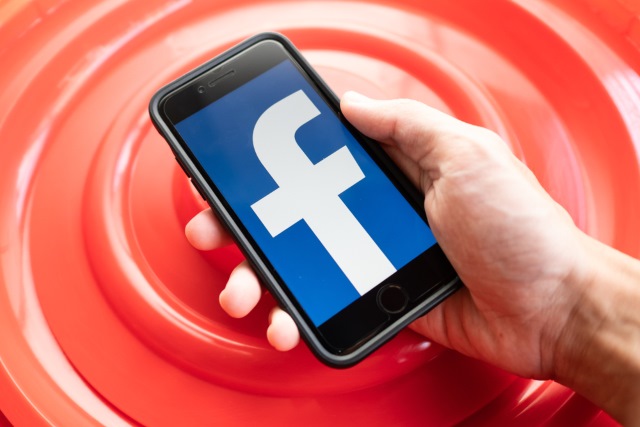
Facebook: Yep, we track non-users -- but everyone else is doing it, so why shouldn't we?
In a blog post addressing some of the questions Mark Zuckerberg failed to properly answer in front of Congress, Facebook has admitted that it tracks both users and non-users as they use the web. This is something the social network has historically denied.
Facebook's product management director, David Baser, conceded that "when you visit a site or app that uses our services, we receive information even if you're logged out or don't have a Facebook account." Not happy to make this concession without pointing fingers, he then goes on to point out that other companies such as Twitter, Pinterest and LinkedIn behave similarly.
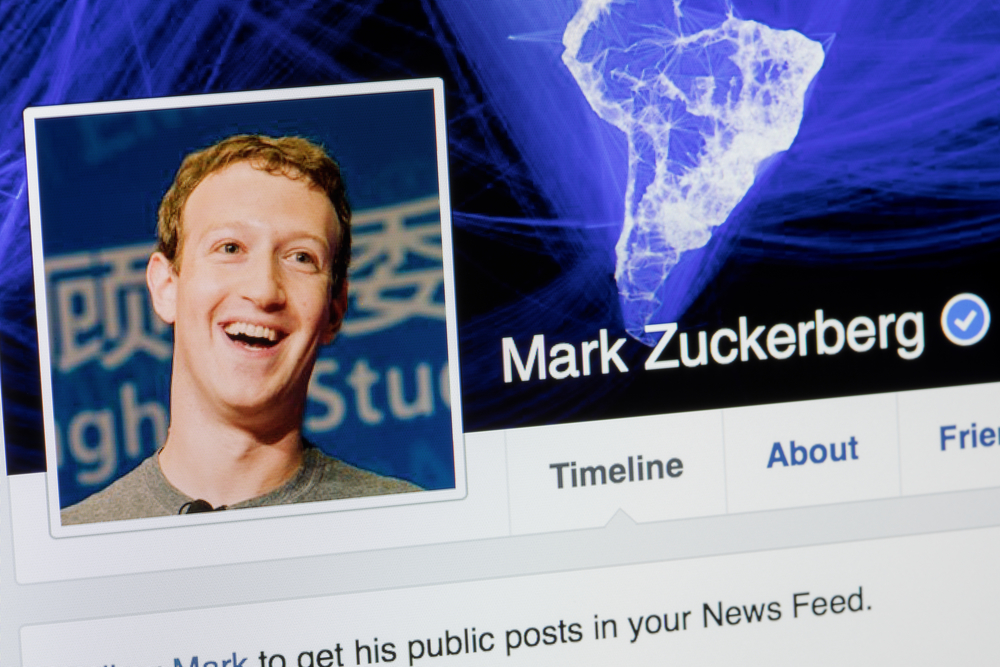
Zuckerberg Senate testimony shows politicians don't understand Facebook
Dressed in a dark suit and looking pale-faced, Facebook chief Mark Zuckerberg was clearly expecting a tough grilling before the Senate committee.
In fact he was largely let off the hook, facing a series of questions that mainly served to expose politicians' lack of understanding of the social network's technology.
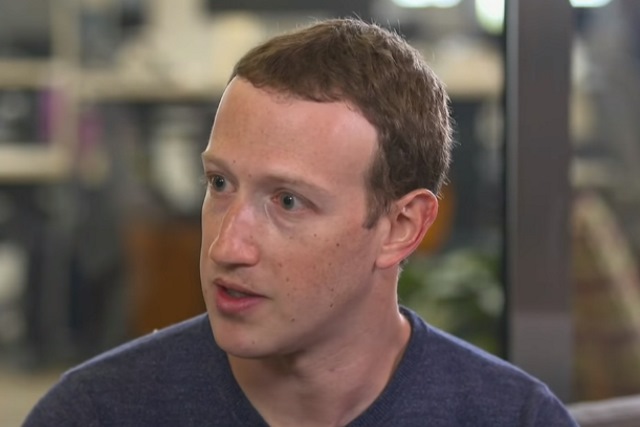
LIVE: Watch Mark Zuckerberg testify before Senate about Facebook privacy at 2:15PM ET
After keeping something of a low profile for a while, Mark Zuckerberg has eventually started to address the Cambridge Analytica scandal. He was asked to testify before Congressional committees, and ultimately agreed to do so. Today is the first of two appearances he will make this week.
At 2:15PM ET, Zuckerberg will speak about Facebook user data and privacy in front of the Senate Commerce, Science and Transportation Committee and the Senate Committee on the Judiciary at the "Facebook, Social Media Privacy, and the Use and Abuse of Data" hearing. You can watch his testimony right here.
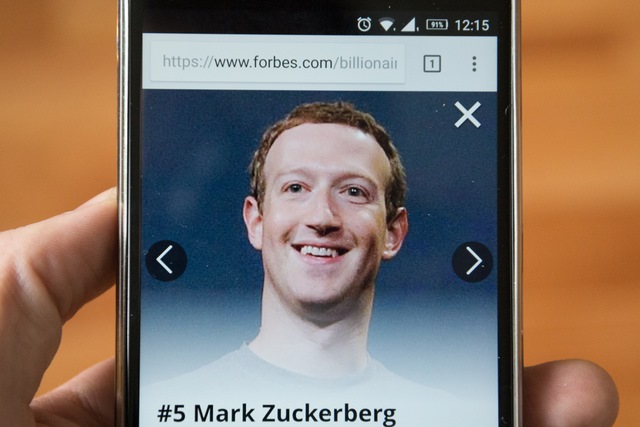
Congress releases Mark Zuckerberg's prepared testimony ahead of Wednesday's hearing
Facebook CEO Mark Zuckerberg is due to testify before Congress on Wednesday, and ahead of this the House Energy and Commerce Committee has released his prepared statement. He talks about the Cambridge Analytica data scandal as well as Russian interference in elections.
In the statement, Zuckerberg acknowledges that Facebook did not do enough to prevent the misuse of the social network's tools. He also personally accepts responsibility for recent failings at the company, saying: "It was my mistake, and I'm sorry. I started Facebook, I run it, and I'm responsible for what happens here."
Facebook will give everyone the option to unsend messages, just like Mark Zuckerberg
When it came to light that messages sent by Mark Zuckerberg and other Facebook executives via Facebook Messenger had been deleted, there was widespread concern about not only the social network's use of a feature unavailable to anyone else, but also the lack of transparency about it.
Still reeling from the Cambridge Analytica debacle and other privacy scandals, Facebook has now announced that the feature will in fact be rolling out to everyone -- although not necessarily any time soon. The company insists that this is something that has been under consideration for some time, and also promises that no more of Zuckerberg's message will be retracted in the meantime.
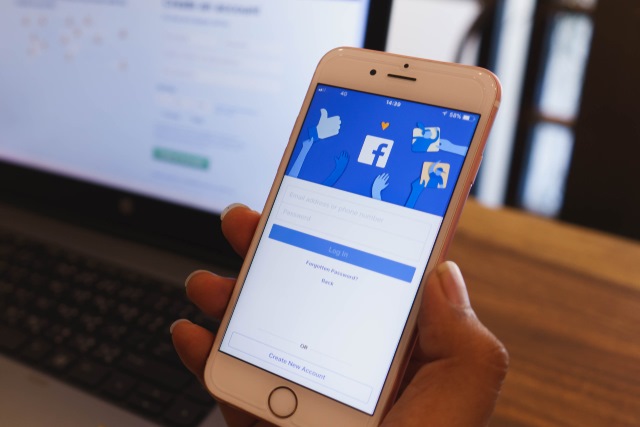
Facebook secretly deleted messages Mark Zuckerberg sent on Messenger
As if trust in Facebook could not drop any further, it has come to light that the social network deleted messages sent by Mark Zuckerberg from the recipients' Messenger inboxes. The deletions only applied to Zuckerberg's messages, leaving the other side of the conversation intact -- a feature not available to the average Messenger user.
Facebook did not operate transparently in deleting the messages, as it made no announcement either publicly, or to those involved in the conversations. When confronted about the matter, Facebook said that the deletions were carried out because of "corporate security".
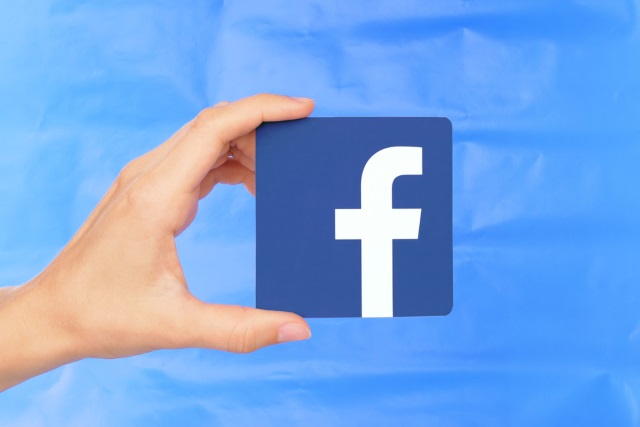
Privacy: Facebook will roll out GDPR controls to the whole world, not just Europe
Mark Zuckerberg has laid out Facebook's plans for the future in a conference call with reporters. In it, he said that the social network now planned to bring GDPR-style privacy controls to all of its users, not just those in Europe for whom there will soon be a legal obligation to do so. The new legislation grants people more rights to access the data companies store about them, and demand it be deleted.
The Facebook chief had previously said that non-European users would only be getting access to new options that were "in [the] spirit" of GDPR, but the backlash the social network has faced recently with privacy controversies seems to have forced Zuckerberg's hand.
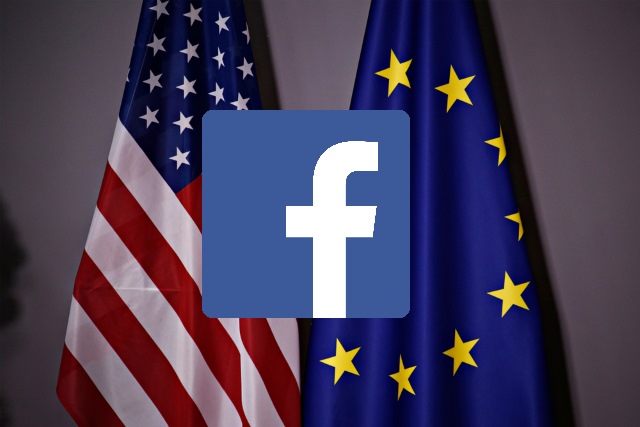
Facebook users in Europe will soon have better privacy protection than those in the US
In a few weeks, privacy is set to improve for Facebook users -- at least this is the case for people in Europe. May 25 sees the implementation of General Data Protection Regulation (GDPR), and it means that European users will have the right to not only request details of the information stored about them, but also the right to demand its deletion.
While this will be a legal obligation within Europe, it would have been the perfect opportunity for Facebook to extend the same rights to its users around the world. But it's not going to. Mark Zuckerberg has confirmed that GDPR-style privacy protection is not going to be extended to the US and other parts of the world.

Mark Zuckerberg refuses to answer UK questions about Facebook privacy
Following the privacy scandal surrounding Cambridge Analytica's use of data from Facebook users, the social network has been under extreme pressure to answer questions from individuals, lawmakers, companies and governments around the world about not only what went wrong, but what will be done to prevent it from happening again.
The British parliament was among those seeking to probe Facebook about the breach of privacy, but Mark Zuckerburg has said that he will not appear before a committee to face questions. Instead, he intends to send either chief technology officer Mike Schroepfer, or chief product officer Chris Cox.
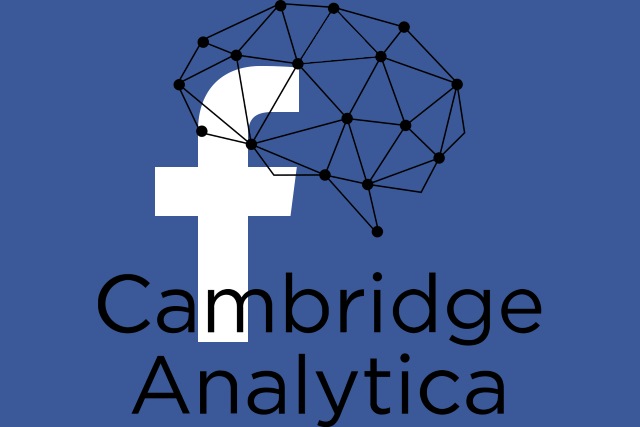
Facebook places full-page ads in British and American newspapers to apologize for Cambridge Analytica data leak
Full-page advertisements have appeared in a number of Sunday newspapers in the UK and US as Facebook embarks on a damage limitation exercise following the revelations about Cambridge Analytica's use of personal data.
The ads, signed by Mark Zuckerberg, say: "We have a responsibility to protect your information. If we can't, we don't deserve it." The apology -- of sorts -- adopts a similar tone to Zuckerberg's previous statements and interviews about the matter, and comes as the social network faces calls for not only regulation, but also as the London offices of Cambridge Analytica have been raided by the Information Commissioner's Office.
